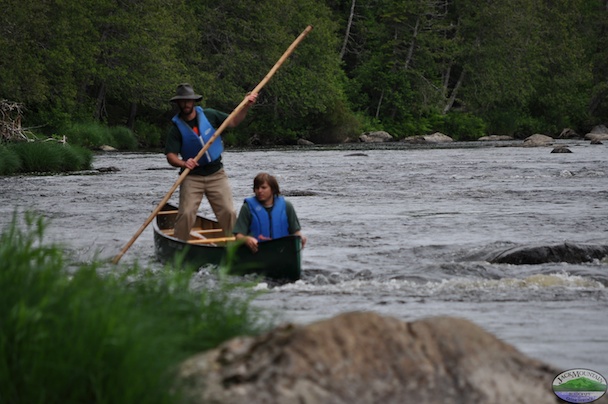Yesterday I was part of a conversation led by a man who runs a small academic program for homeschoolers. He was talking about the modern fascination with being able to measure learning when he mentioned that problem solving is not as important as problem finding. This got me thinking. Modern education puts a high value on solving problems, that is, handing students a well-defined problem and having them solve it according to defined parameters. What he was saying was that it takes creativity to come up with the problems themselves; once this is done, solving them is relatively straightforward (but not necesarily easy or simple).
I realized that I was already very familiar with this notion, but hadn’t thought about it with respect to children learning. I’m a longtime student of the history of science and the scientific revolution. I think of it as the history of ideas. I’ve always been fascinated by how we understand our world, and how our perspective changes from time to time. In the history of science, we remember the big names not because they solved problems, but because they changed how we think about and define the problems.
The innovators are problem finders. The skill set of the problem finder is often different from that of the problem solver. We need both, but our educational system is only training one.
It’s another reason I love teaching bushcraft. There are very few well-defined problems and even fewer parameters guiding our actions. To do it well you must be both a problem finder and a problem solver; another reason why a traditional outdoor education is beneficial.








